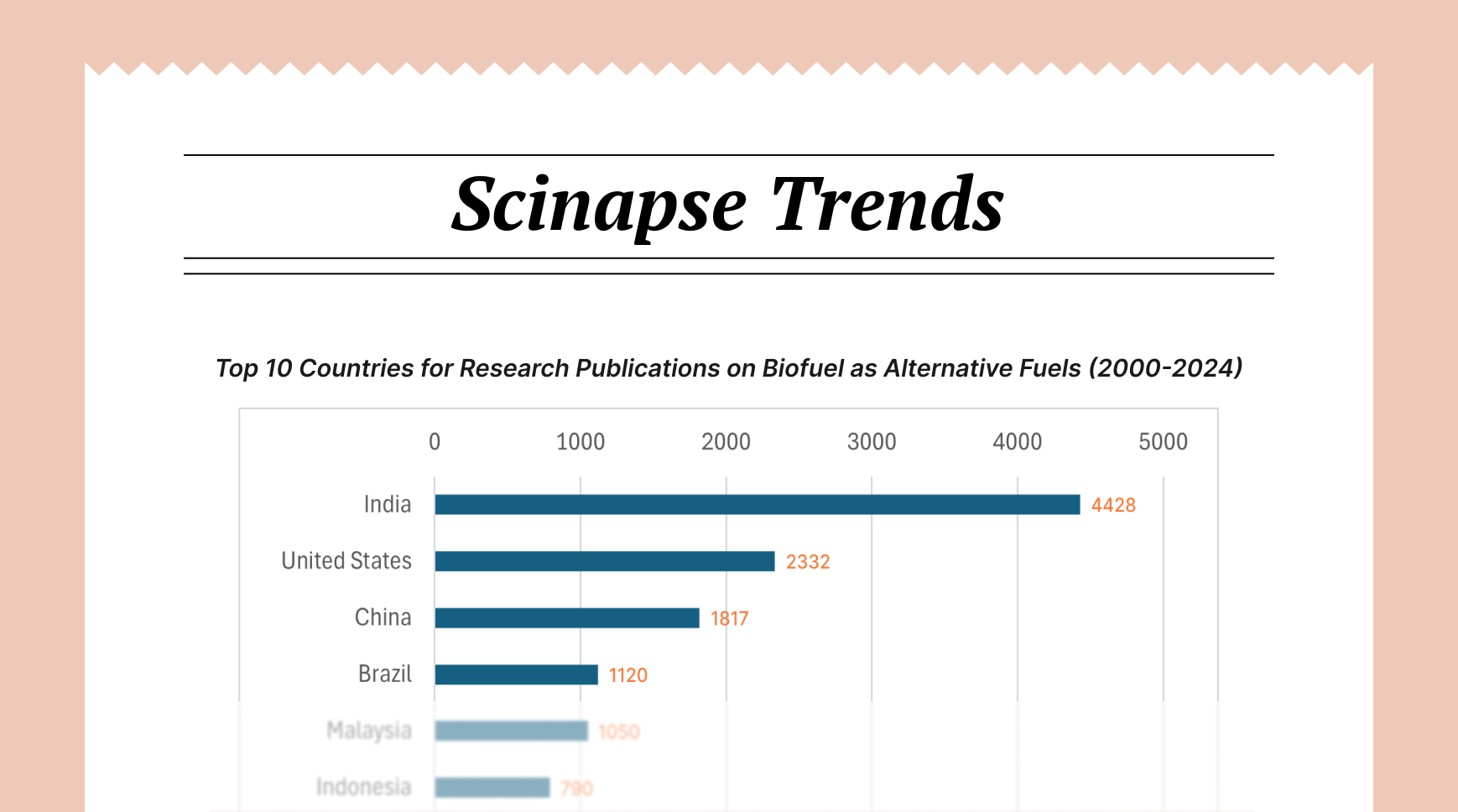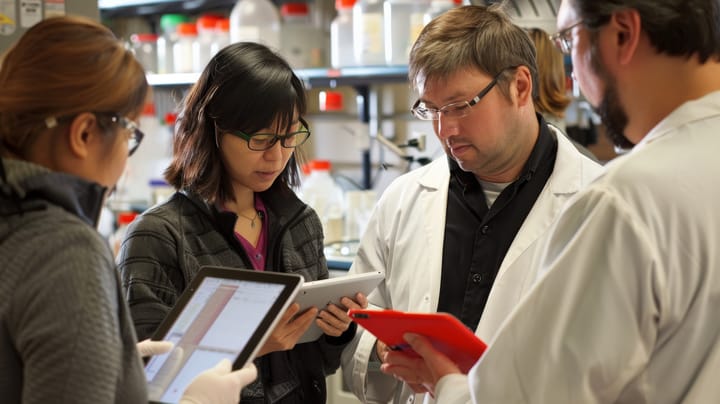New Research Impact Metrics Reshaping Scholarly Publishing and Reputation

Recent decades, driven by technological advances are changing perspectives on scholarly publishing and reputation. From citation counts to network analyses, the metrics to assess research impact have evolved to capture the increasingly complex nature of modern scholarship. This evolution has profoundly influenced how research is conducted, published, and evaluated, while simultaneously raising important questions about the future of academic assessment.
Looking to measure your research impact? Try Scinapse.io with a Free sign-up now!
What Are Traditional Bibliometric Measures?
Citation analysis has been the basis of research evaluation for several years now, with raw citation counts serving as the primary indicator of scholarly influence. However, the limitations of this approach became apparent as academia expanded and diversified. The Journal Impact Factor (JIF), introduced by Eugene Garfield in the 1960s, attempted to standardize journal quality assessment by measuring the average number of citations received by articles published in a journal over a specific period.
The h-index, proposed by Jorge Hirsch in 2005, marked another significant advancement by attempting to balance productivity with impact. This metric quickly gained popularity due to its simplicity and ability to capture both quantity and impact. However, its limitations – particularly its bias against early-career researchers and field-specific citation patterns – led to the development of variants like the normalized h-index, which accounts for career length and field differences.
The personal impact factor, a more recent innovation, attempts to provide a more individualized measure of scholarly influence by calculating an author's average citations per paper, similar to how the JIF works for journals. This metric offers a more nuanced view of individual research impact but still faces challenges in accounting for field-specific citation patterns and publication practices.
Emerging Metrics in a Digital Age
The digital revolution has spawned new ways of measuring research impact beyond traditional citation metrics. Alternative metrics, or "altmetrics," track research influence through social media mentions, blog coverage, news media references, and policy document citations. These metrics provide a broader picture of research impact, particularly in terms of public engagement and real-world influence.
Expert finder systems represent another innovative approach to research and researcher evaluation. These systems use sophisticated algorithms and network analysis to identify subject matter experts based on publication patterns, citation networks, and collaborative relationships. While primarily designed to facilitate research collaboration and peer review, these systems also contribute to our understanding of scholarly impact by mapping expertise networks and identifying influential researchers in specific fields.
Collaborative and network metrics have emerged as particularly important indicators in an era of increasingly team-based and interdisciplinary research. These metrics analyze authorship patterns, international collaboration indices, and interdisciplinary research indicators to provide insights into researchers' roles within the broader scholarly community.
Towards a More Balanced Research Evaluation System
The future of research evaluation likely lies in a more balanced approach that combines quantitative metrics with qualitative assessment. This could include:
- Development of field-specific evaluation frameworks that account for different publication and citation patterns
- Integration of diverse impact indicators, including traditional citations, altmetrics, and expert assessment
- Greater emphasis on the context and nature of citations rather than just their quantity
- Consideration of research impact over different time scales and across different audiences
The research community must also work to address the cultural challenges associated with metric-based evaluation. This includes education about the appropriate use and limitations of different metrics, the development of more nuanced institutional policies, and the promotion of responsible research assessment practices.
Success in this endeavor will require continued technological innovation, policy reform, and cultural change within the academic community.
Author: Uttkarsha B
- AI-Ethicist and STM Research & Publishing Expert
Never re-search again.
Scinapse is made by researchers for researchers.
Join the next generation of research at ⏯️ https://scinapse.io/
Pluto Labs
Pluto Labs helps researchers focus on their research by improving several inefficiencies in the academic research process. We offer data-driven insights from academic papers, allowing users to easily obtain review-level results for their desired range of papers.
https://pluto.im/





Comments ()